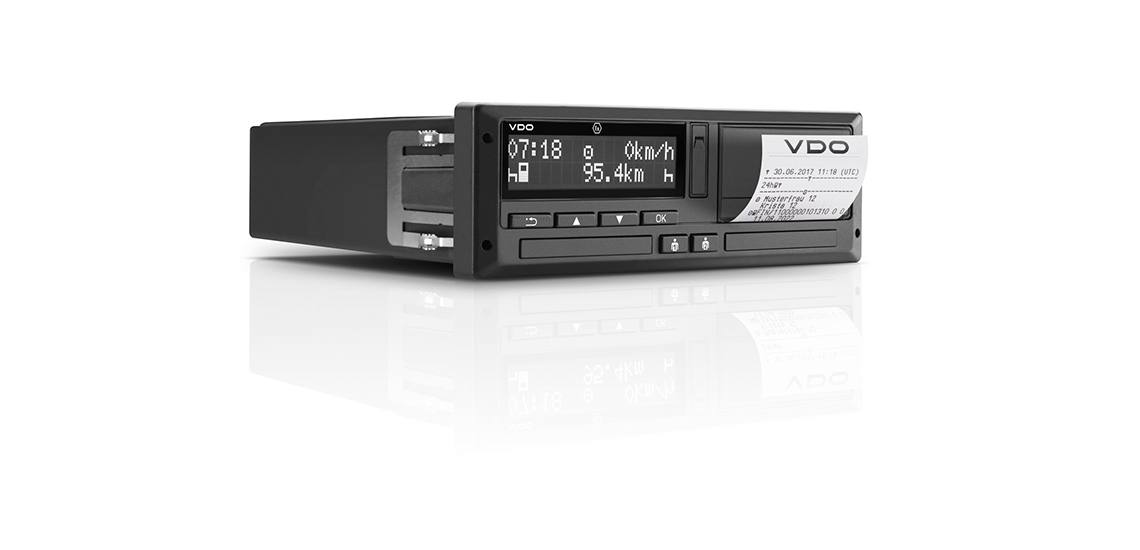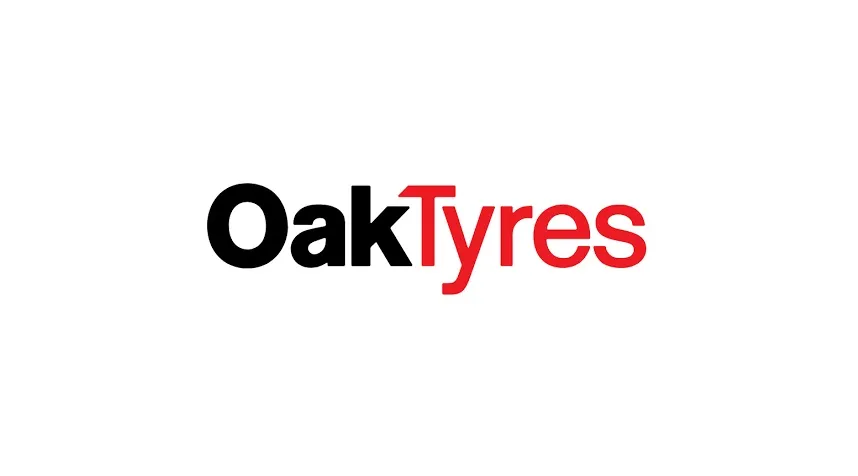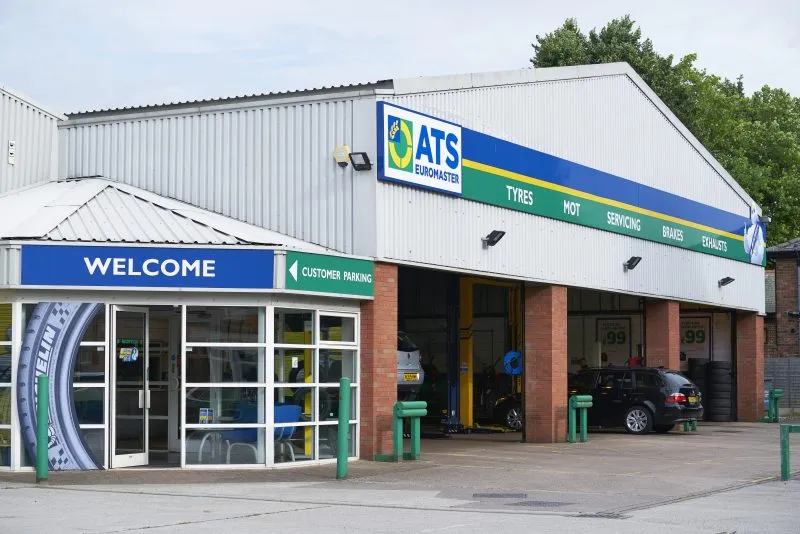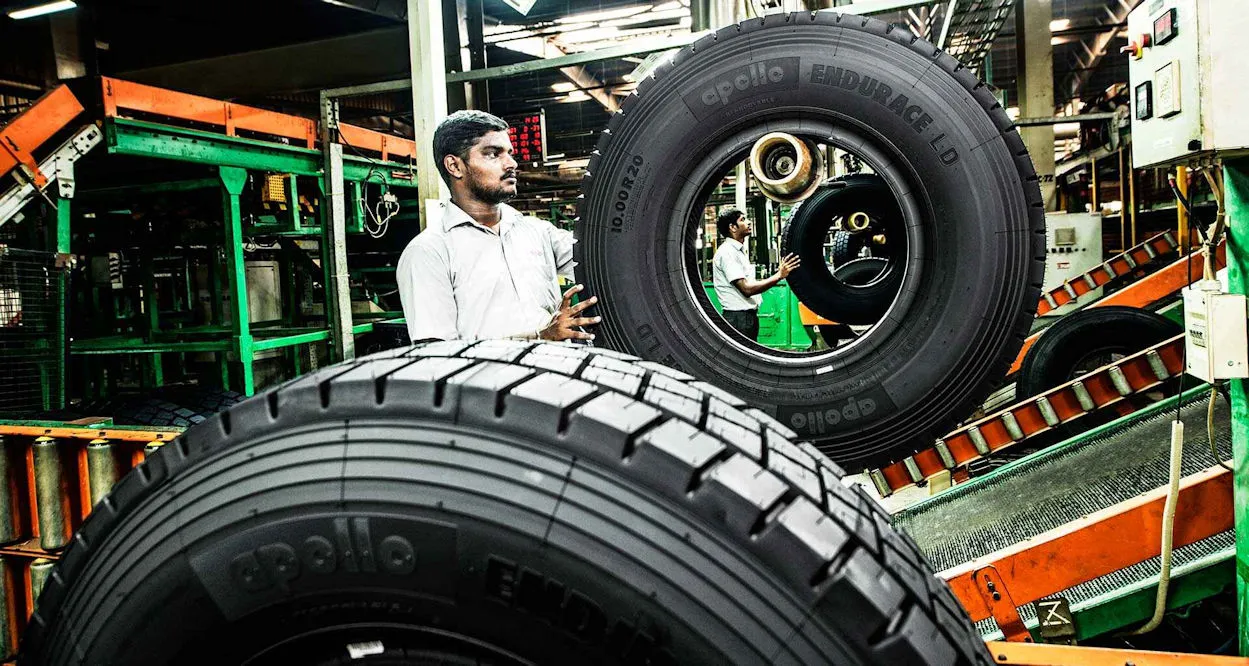The tachograph, complete with new control functions in line with EU directives on cabotage as well as the posting of workers is being developed by Continental. The aim is to fulfil the mandatory requirement for newly registered commercial vehicles to have the mandatory system in place, starting from August 2023.
Continental Working to Pave the Way for Next Phase of Development and Industrial Engineering
Starting work on the second-generation intelligent tachograph, Continental is working closely to fulfil all the specifications for the upcoming version of the digital tachograph for the newly-introduced Implementing Regulation EU 2021/1228. The hardware and software engineers, as well as the legal, logistics and policy experts, are headquartered in Villingen-Schwenningen in the Black Forest where they are entering the next phase of development and industrial engineering.
“We have already undertaken extensive preparatory work in recent months – in parallel with work on the current DTCO 4.0e upgrade, in which we have primarily improved handling and speed,” explains Dirk Gandras, who is the programme manager responsible for tachographs in Continental’s Commercial Vehicle Fleet Services business segment. “Now we’re delighted that we have all the necessary information on the table and can finally get started. We will do our utmost to map the often complicated political regulations in our tachograph in such a way that everything is understandable and can be operated without worry. We’re also aiming to deliver the new generation as early as we did with the current DTCO 4.0 generation.”
Tachograph Advances Goals Within Social and Transport Policies
Two years after the Implementing Regulation EU 2021/1228 becomes effective, which will be from August 21, 2023, all newly registered commercial vehicles with a gross vehicle weight of more than 3.5 tonnes must be equipped with the second-generation intelligent tachograph. Continental believes this will strengthen the importance of the DTCO as an instrument for achieving goals in social policy and transport policy.
“In its efforts to ensure fairer competition on European roads, we’re delighted that the European Commission is supporting the tachograph,” says Matthias Kliché, Head of Legal Requirements in Continental’s Commercial Vehicle Fleet Services business segment. “For the first time in its almost century-long history, this gives the tachograph a control function that goes beyond the recording of work and operating times.”
Continental’s next-generation intelligent tachograph will enable the implementation of the key directives set out in Mobility Package I. Most important among these are the rules governing cabotage and the posting of workers in the transport industry. The tachographs installed in commercial vehicles will also reliably record border crossings in the future via a satellite positioning system. The tachograph programme will then be the world’s first application to use the freely available Galileo service to authenticate the navigation signal. The previously optional ITS interface will become mandatory in the form of a Bluetooth interface, and this will make many more usage scenarios possible in the future, in addition to the control of cabotage. The tachograph can transform data into trustworthy, secure, and uniquely attributable data. This will create opportunities that go far beyond policy controls, such as microservices that will make the jobs of commercial vehicle fleet operators and many of their service providers much easier.
As an increasingly urgent topic in recent years, the EU’s Mobility Package I is aimed at ensuring fair competition in the European domestic market – and the DTCO 4.1 will play a key role in the implementation of the legal requirements. The technology will use satellite positioning and integrated maps to record border crossings. In this way, it will enable the authorities to monitor the applicable regulations more efficiently, as they will be able to see how many trips both vehicle and driver have made, as well as when and in which countries these trips took place. By August 2023 all newly registered vehicles with a maximum permissible weight of more than 3,5 tons must be equipped with the second generation intelligent tachograph, which will be followed by older vehicles using the first generation intelligent tachograph having to upgrade to the second generation tachograph in the subsequent years.








